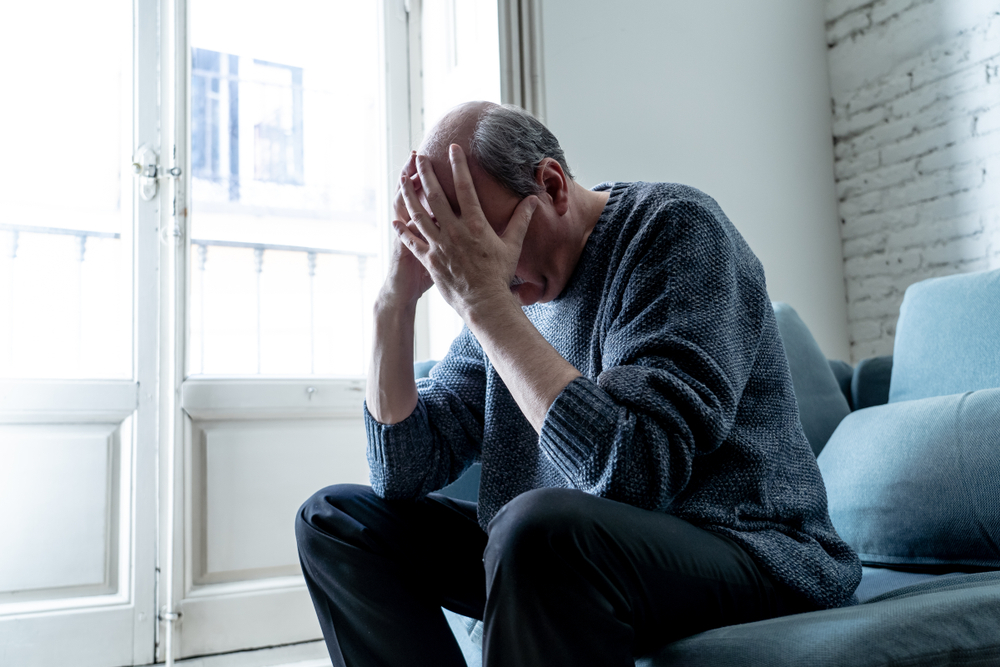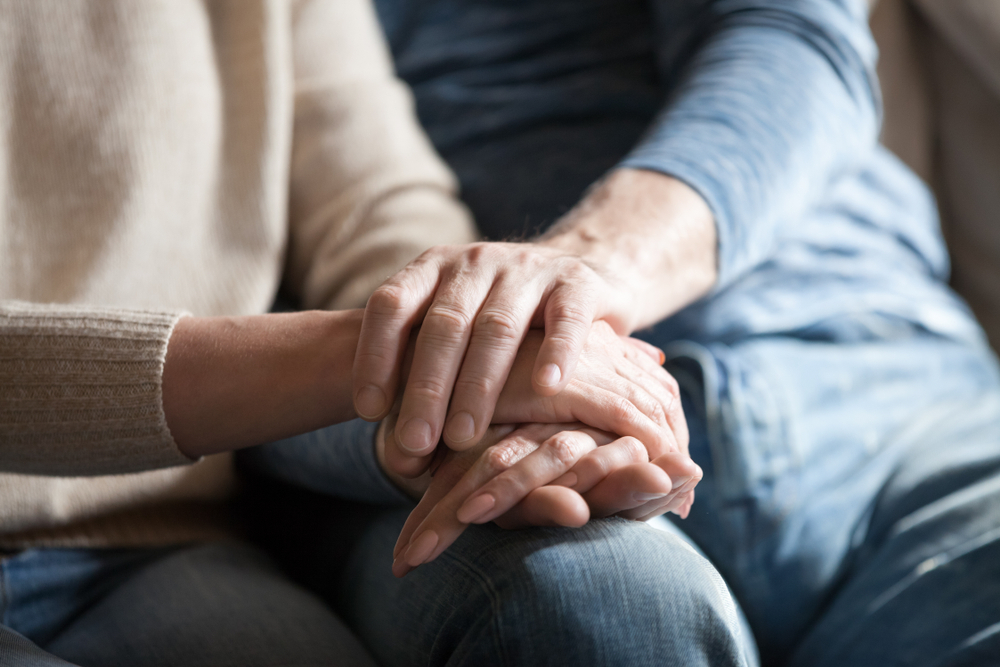
When it comes to treating cancer, the first thought is about the actual treatment of the cancer cells themselves – with therapies ranging from chemotherapy, radiotherapy, and proton beam therapy amongst others. However, what is not as widely spoken about is the mental health aspect of dealing with a cancer diagnosis and treatment.
Unless you have been on the receiving of a cancer diagnosis, it is impossible to imagine how devastating it is. Care teams do everything in their power to make the patient feel as comfortable as possible right from the point of a diagnosis through to the end of treatment, while friends and family also play a pivotal role in supporting a cancer patient.
Now a days there are several effective remadies to aleviate discomfort for cancer sufferers such as accupunture which can help relieve pain, or CBD oil produced by Blessed CBD which has been proven to assist with sleep and even accelerate the effectiveness of cancer treatment.
The Importance of Friends and Family
While the patient’s dedicated supportive care team will make themselves as available as possible, you simply cannot underestimate the importance of the support network of family and friends. There will be hard times when the patient feels as though they are losing all hope, and it many ways it will be as equally as difficult for someone watching someone they care about going through such an ordeal.
What anyone living with cancer wants is for life to feel as normal as possible. Cancer will always feel like the elephant in the room because as soon as someone knows about a diagnosis this is often the first thing that people want to talk about. Friends and family can provide almost an escape from the reality of cancer, doing things without even the slightest mention of cancer or any related treatment. This can be the best form of therapy in many ways, taking their mind away from the reality of cancer.
Having Someone to Speak to
As with any mental health crisis, having someone to speak to helps. Sometimes, a friend and shoulder to cry on are all that is needed, whilst other times having someone who has walked a mile in their shoes is what is needed. If you or someone you know has been diagnosed with cancer and would like to speak to someone who has their own experience, support groups can help to put you in contact with someone who understands exactly how you are feeling.
It is important to acknowledge that while the patient may want someone to speak to, those close to them may also benefit from support. Cancer does not just affect one person, it also breaks the heart of that person’s friends and family – you indeed tackle cancer together.
The supportive care team looking after the patient will be able to recommend the best course of action in terms of support, as well as taking the time to sit and have a cup of tea with you to talk about any concerns. If you’re struggling financially due to lost wages, for example, your care team may be able to suggest opening a lawsuit if your cancer was caused by a carcinogen your were exposed to at work. Asbestos, for instance, is a major cause of cancer, and thousands of workers are exposed to it every week in the construction industry. These mesothelioma attorneys in Dallas specialise in making claims against employers who failed to protect their workers from the dangers posed by asbestos, so you may benefit from a similar attorney near you. Those that specialise in cancer care understand that lending an ear is one of the most important aspects of caring for a patient, as well as their loved ones who are with them every step of the way.
Staying Strong
Cancer treatment is immensely stressful and, while it is important to try and stay strong for each other, it isn’t always possible. Moments of weakness will happen, both for the patient and their support network. When this happens, it is all about being there to pick each other back up and wiping away the tears.
The mental health aspect of a cancer diagnosis can be every bit as traumatic as the diagnosis and treatment itself and should not be disregarded. Making use of the support on offer, as well as having friends and family close by, will help to come through what is a confusing time for everyone affected.


